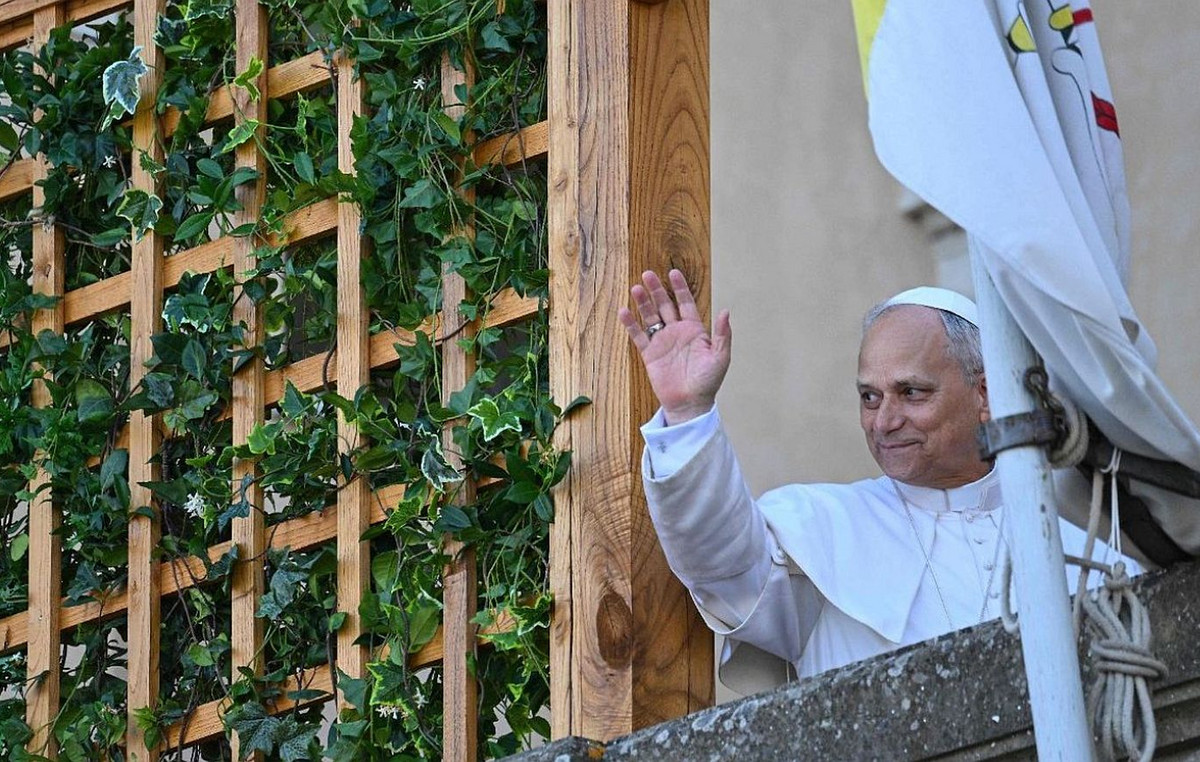Matteo Fabbri, a gifted 24-year-old, paid dearly for his out-of-the-ordinary intelligence: after the third year, he left his studies at the Ariosto classical high school in Ferrara, his hometown, because he did not feel understood by either his teachers or his classmates , and at the high school diploma he presented himself as an external candidate. Today he is a PhD student in Cyber Securityand already has a degree in Philosophy in Bologna and a master’s degree at the Normale di Pisa in his curriculum, achieved at the same time as Master of Science in Social Science of the Internet in Oxford. But his was a history of suffering.
Is being gifted really an advantage? And how should teachers and parents behave, in order not to mortify or waste what is a real “gift”? We asked Daniela Lucangeli, professor of developmental psychology at the University of Padua, giftness expert and author of the book The time of us (Blue Streets).
What does it mean to be gifted?
«I like to talk about “gifted” people, an English term that refers to the gift (“gift”): they are individuals with a high intelligence quotient (above 130), special qualities and high potential who, however , very often, it does not concern all areas of their life, but only some. In other words, the profile of intellectual abilities can be inhomogeneous: one can be very gifted in some areas of knowledge, such as mathematics, but not in others, such as communication with others, or social intelligence, and vice versa».
In fact, many gifted people report having had social difficulties.
«I care about making people understand that gifted people are often hypersensitive, capable of feeling differently even on an emotional level. And this becomes a big problem, since the school is not always able to adequately take this into account. The gifted “feel” more: they can become very reactive and have a perception of pain that we tend to underestimate».
At what age does it begin to manifest itself giftedness?
«A parent who knows how to observe their child in depth can soon realize it. These are very curious children, who ask many questions and who are deeply attracted by what interests them. They want to go deeper, go further, fully understand».
Is a child who develops language skills early, who loves books and is “ahead” of his peers gifted?
«Not necessarily: in this case we can speak of a child with a particularly fast maturational process, which is the opposite of developmental delay. Speed of evolution and quality of intelligences are very correlated, and often grow together, but this is not always the case. A very precocious child could also just be quick in acquiring developmental milestones».
What should the parents of a gifted child do?
«They have to identify the qualities of the child, because otherwise the risk is to lose them, not to develop them. But it’s also very important that parents understand what they shouldn’t do: They shouldn’t try to boost their child’s performance by pushing him or her over the limit. Intelligence is not valued in this way, and the competitive aspect does not bring out the best skills, on the contrary. Parents should instead try to strengthen the aspects in which the child is less capable, help him to experience himself even in the sectors in which he is less facilitated. Simply put, harmonize all the functions of him. Otherwise the boy runs the risk of isolating himself to do only what he does best».
What are the typical qualities of the gifted?
«I’d start by clarifying what we probably don’t expect: for example, they don’t always shine at school, they aren’t “performing”, they don’t represent the prototype of children who are excellent in all subjects. Their intelligence is creative and free: often the gifted are able to foresee and anticipate the information that will be provided by the teachers. And they get bored: it’s something that happens very often to the gifted, who study and understand in a divergent way, and would like adults to be able to follow them. When their qualities are connected to the world of knowledge (for example mathematics), they are sophisticated: these kids are not interested in solving trivial operations, but in understanding more complex problems».
Is personalized teaching necessary for them?
«I believe that personalized teaching is necessary for everyone, and even more so for them. We have developed many training projects to give teachers the basic information: a revolution in the education system is needed”.
What if the teacher can’t answer all the gifted student’s questions?
“The teacher doesn’t have to know all the answers, but he has to teach the pupil how to get them, to help him find the answers he is looking for. To give the best of oneself, as Montessori said».
– Letter from a Finnish mother who leaves Italy: «Your school is inadequate»
– The conduct vote against bullying? “It will not work”
– The educator: «Less homework for the holidays? I’d just abolish them.”
– Less homework, better results: a study confirms it
Source: Vanity Fair
I’m Susan Karen, a professional writer and editor at World Stock Market. I specialize in Entertainment news, writing stories that keep readers informed on all the latest developments in the industry. With over five years of experience in creating engaging content and copywriting for various media outlets, I have grown to become an invaluable asset to any team.







